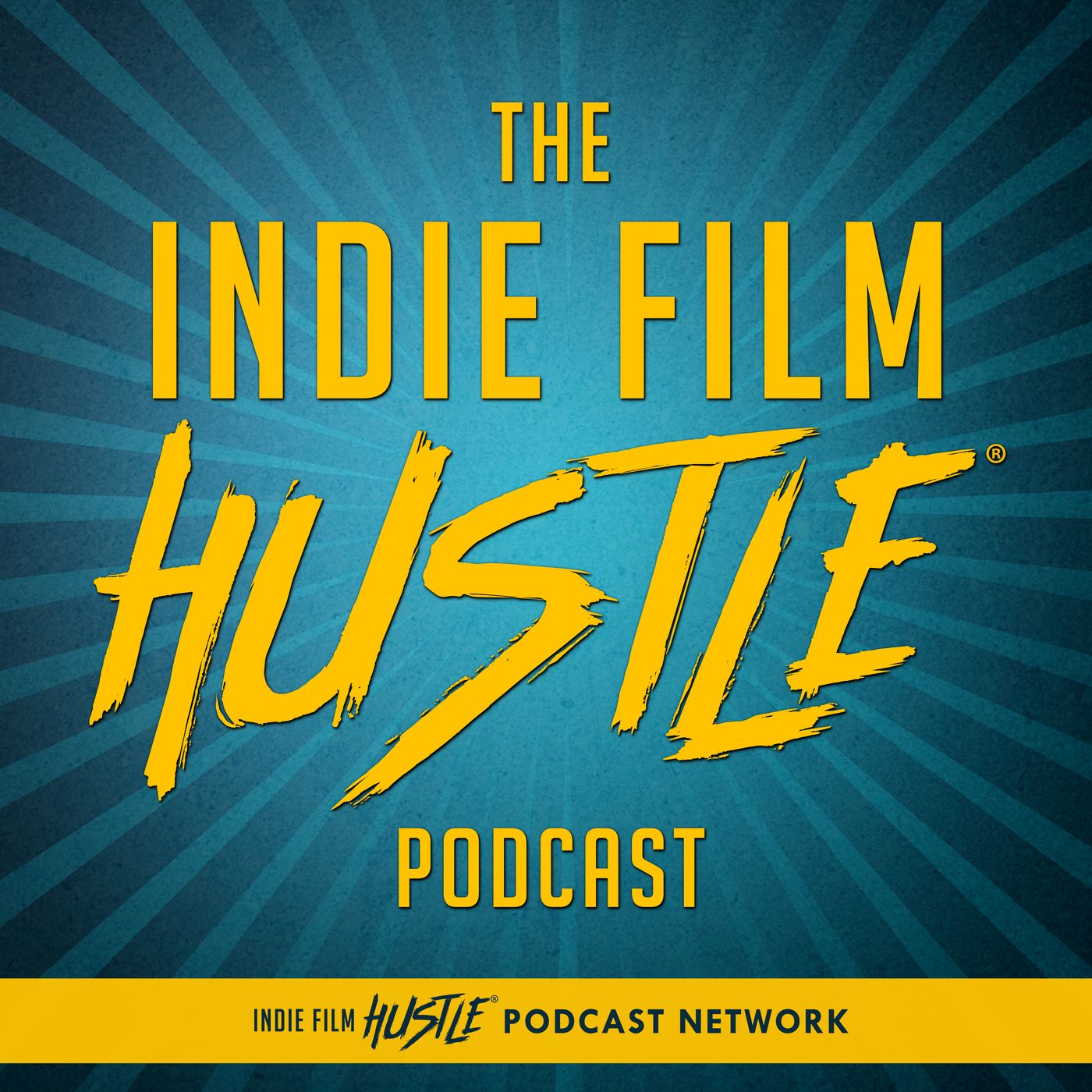
IFH 807: Making Your Own Damn Movies: Inside Dave Campfield’s Troma-Fueled Filmmaking Path

Indie Film Hustle® - A Filmmaking Podcast
Deep Dive
- Attended College of Santa Fe, which no longer exists
- Early meetings with Universal and New Line Cinema
- Challenges of meeting studio expectations
- Creation of "Dark Chamber", a mystery-horror film
- Transition to comedy horror films
Shownotes Transcript
When two Daves walk into a podcast, you don’t expect to stumble upon a meditation on art, failure, persistence, and horror-comedy. But that’s exactly what happened in this electric and delightfully unfiltered conversation with Dave Campfield, a filmmaker, actor, and host of the Troma Now Podcast, best known for his work in the cult Caesar and Otto comedy-horror film series.Dave Campfield is a fiercely independent filmmaker whose journey from a now-defunct film college in New Mexico to directing his own cult horror satires has been a long and winding road paved with hustle, humor, and horror.We start in the sand-colored surrealism of Santa Fe, where adobe buildings and the ghost of City Slickers set the stage for Dave’s early filmmaking dreams. In the land of tumbleweeds and tumble-down gym studios turned sound stages, Dave cut his teeth not just on film but on the art of adaptation.The college no longer exists, but the memories—like chalk lines under studio lights—remain vivid in his story. “It was like going to school on Tatooine,” he says, laughing, but behind that joke is a bittersweet nod to the ephemeral.From there, Dave walks us through the illusion of success—early meetings with Universal and New Line Cinema where hopes were dangled like carrots in front of eager young dreamers. The industry, he quickly learned, speaks its own coded language: familiarity, marketability, and sometimes, plain deception. One mentor told him to “say you're young, from the streets, and have a dark comedy,” regardless of truth. Dave gave it a shot but came away with the haunting realization that "they were intrigued enough to keep me on leash, but not enough to make it happen."That experience seeded his first real film, “Dark Chamber,” a mystery-horror project which deliberately bucked slasher formulas. It took five years to make—five years of blood, sweat, and overdrafts. And yet, when the studios responded with, “We wanted something more familiar,” Dave knew he was swimming upstream. Still, he sold the film to a small distributor, endured its repackaging as something it wasn’t, and got it onto Netflix. A win—just not the one he envisioned.But here’s the heart of it all: Dave didn’t stop. He pivoted, not with bitterness, but with evolution. “I decided I wasn't going to be one of those people waiting for opportunity. You had to make it happen on your own.” And so, he leaned into comedy horror—a genre he describes as “Abbott and Costello meet Frankenstein, but for the splatter generation.” Thus, Caesar and Otto were born: two absurdly lovable doofuses bumbling their way through massacres, monsters, and paranormal mayhem.One of Dave’s secret weapons is loyalty to what’s real. Whether recounting how Lloyd Kaufman forgot him (then remembered) or editing commercials for the Philadelphia Pet Expo, he keeps a kind of grounded magic about his craft. He shares a deeply personal new project, “Awaken the Reaper,” born from a decade of introspection and struggle, calling it “the most personal thing I’ve ever written.” He says, “It’s about being stuck—feeling like every day you’re not moving forward—and finally getting out of your own way.”All along, Dave’s been quietly building a reputation for casting future stars before they break—Trey Byers (Empire), Peter Scanavino (Law & Order)—and hosting a podcast that thrives not just because of brand synergy with Troma, but because he genuinely knows how to talk to people. “They’ve never rejected an episode,” he remarks. “I tease Troma a lot, and they’re always game. It’s a beautiful collaboration.”The conversation wraps not with grandiosity, but a recognition that even the smallest cult followings can keep a creator going. “My fanbase is small, but intense,” Dave says with pride. “I can rattle them off on two hands.” Maybe that’s enough. Maybe that’s everything.Become a supporter of this podcast: https://www.spreaker.com/podcast/indie-film-hustle-a-filmmaking-podcast--2664729/support).